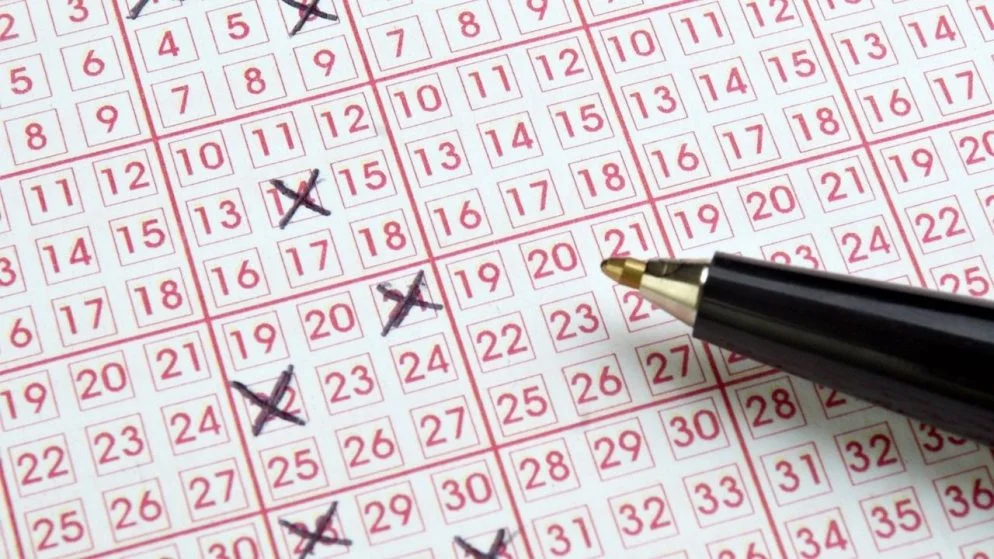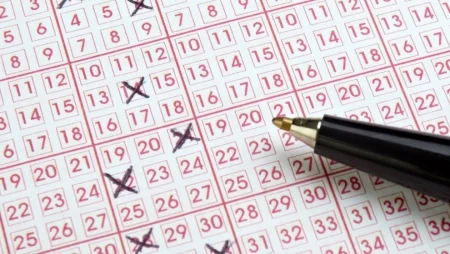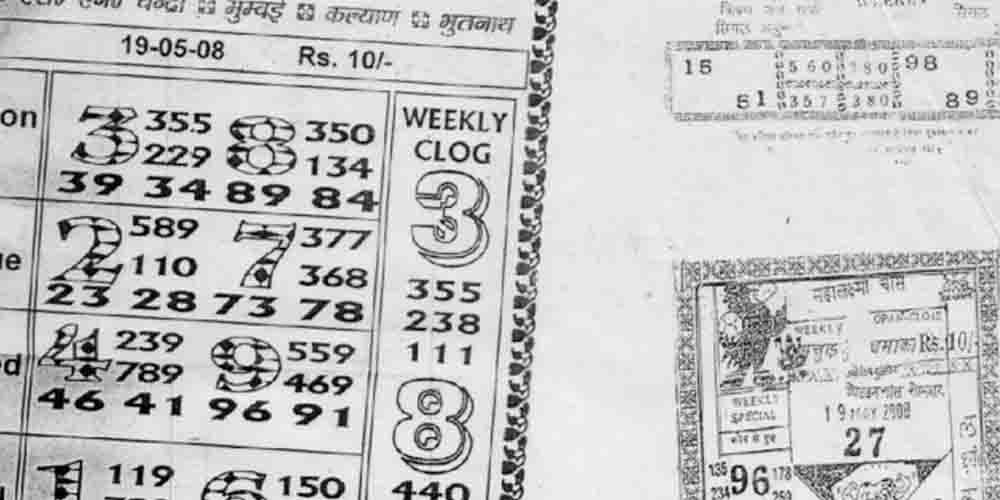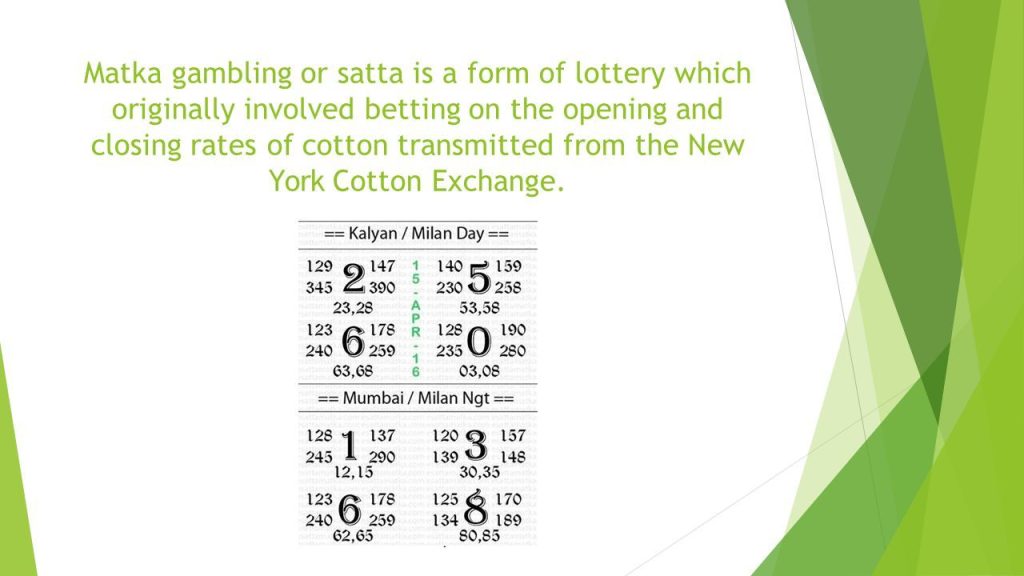
 Matka Main
Matka Main Introduction to Matka Gambling
Matka gambling, also known as Satta Matka, is a form of lottery game that originated in India and quickly became a popular form of wagering. The game owes its name to the practice of placing bets in a matka, or earthen pot, a tradition that dates back to the pre-independence era.
History of Matka Gambling
The roots of Matka gambling can be traced back to the 1950s when people wagered on the opening and closing rates of cotton that were being transmitted from the New York Cotton Exchange to the Bombay Cotton Exchange. However, this system was replaced when the New York Cotton Exchange stopped the practice in 1961.
In response, Ratan Khatri, known as the "Matka King," introduced a new form of Matka gambling based on random number selection and betting. The game involved the drawing of three numbers from a pot filled with slips, making it an exciting lottery-style gambling game that captivated the masses.

What is Matka Gambling
How Matka Gambling Works
The essence of Matka gambling lies in the random selection of numbers and placing wagers on them. Participants pick three numbers ranging from 0 to 9. These three numbers are then added together, and the last digit of the sum is used, along with the original three numbers, to form a new set.
For example, if a player chooses 3, 6, and 9, the sum would be 18. Thus, the player's first number set would be 3, 6, 9, and 8. This process is repeated to generate a second set of numbers. Finally, all the numbers are drawn and the winning combination is announced.
Understanding the Terminology of Matka Gambling
To fully appreciate the intriguing world of Matka Gambling, it's crucial to become familiar with the unique jargon used in this game. Here, we provide a comprehensive guide to some commonly used terms in Matka Gambling.
| Term | Definition |
| Matka | Refers to an earthen pot. In the context of the game, it's the pot from which numbers were originally drawn. |
| Single | Any digit between 0 and 9 that involves betting. |
| Jodi/Pair | Any pair of two digits between 00 and 99 that involves betting. |
| Patti/Panna | A three-digit result that comes as a betting result. |
| Open Result / Close Result | The outcome of matka betting is divided into two parts. The first part is called the Open Result and the second part is a Close Result. |
| SP / DP / TP | SP stands for Single Patti e.g. 123, DP stands for Double Patti e.g. 112, and TP stands for Triple Patti e.g. 111 |
| Cycle Patti | The last two digits of the Patti is called the Cycle Patti or CP. For example, if the Patti is 128, the Cycle Patti is 28. |
| Farak | It's the difference between the close result and the open result. |
| Berij | The Berij is the last digit of the Jodi's sum. |
This terminology helps to understand the intricacies of the game and enables players to strategize their betting patterns more effectively. As with any form of gambling, understanding the specific terms and language used in Matka Gambling enriches the gaming experience and makes it more engaging.
Types of Matka Games
There are several types of Satta Matka games, with Kalyan Matka and Worli Matka being the most famous. Kalyan Matka is named after Kalyanji Bhagat, a farmer from Gujarat who introduced and popularized this variant in the 1960s, while Worli Matka was brought to the public's attention by Ratan Khatri in the 1970s.
Popularity and Legality
Despite its popularity, Matka gambling faces legal restrictions in many regions due to its lottery-like nature and the high-risk factor involved. In India, it has been outlawed by the authorities. However, with the advent of the internet, it has found its way into the virtual world, where enthusiasts continue to play the game on various online platforms.

Satta Matka
Matka Gambling Strategies
While Matka gambling primarily relies on luck, many players employ strategies based on probability and betting patterns to increase their chances of winning. However, as with all forms of gambling, it's crucial to remember that playing responsibly and within one's financial means is the most important rule to follow.
Conclusion
Matka gambling has carved a unique niche in the world of gambling. Its rich history and distinctive gameplay have captivated many around the world, making it a fascinating aspect of the global gambling scene. Whether it's the thrill of the random draw or the lure of the potential win, Matka gambling continues to engage and entertain, proving that the allure of the gamble is a universal human experience.
FAQ
What is Matka Gambling?
Matka Gambling, also known as Satta Matka, is a lottery-style gambling game that originated in India. It involves players selecting random numbers and placing bets on them.
How does Matka Gambling work?
In Matka Gambling, participants choose three numbers between 0 and 9. The sum of these numbers is calculated, and the last digit of that sum is used along with the original numbers to form a set. This process is repeated to create two sets of numbers, and bets are placed on these numbers.
What are the different types of Matka Games?
The most popular types of Matka Games are Kalyan Matka and Worli Matka. Kalyan Matka was introduced by Kalyanji Bhagat, a farmer from Gujarat, in the 1960s, and Worli Matka was brought to the public's attention by Ratan Khatri in the 1970s.
Is Matka Gambling legal?
While Matka Gambling is highly popular, it faces legal restrictions in many regions due to its high-risk nature. It has been outlawed in India, but has found a new life on various online platforms.
Can strategies be used in Matka Gambling?
Although Matka Gambling primarily relies on luck, some players use strategies based on probability and betting patterns. However, it's important to play responsibly and within one's financial means.